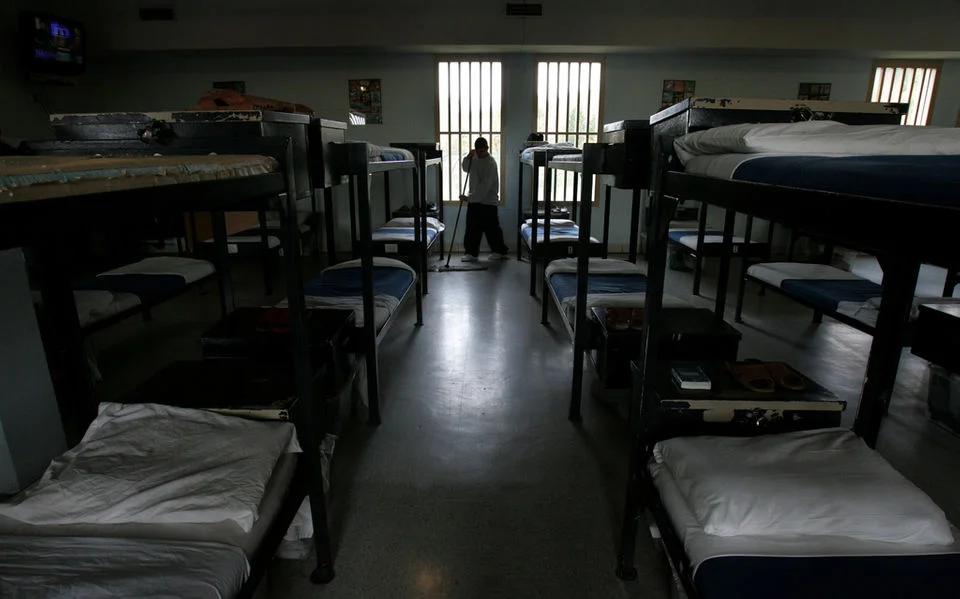All in Listening Recommendations
In this episode, we speak with Eli Savit about his vision for the Criminal Justice System, ending cash bail, conviction integrity units, and the public health crises that contribute to system involvement.
We have been on quarantine pause but Spitfires and Hotshots is back with a timely new episode featuring Dr. Jeremy Coplan whose decades of research on early childhood food insecurity reveals lasting effects on physical and behavioral health. We explore the link between food insecurity and behaviors associated with Conduct Disorder, and the underlying health conditions that increase the risk of serious complications from COVID-19.
In this episode, we interview Dr. Wolfram Schultz from the University of Cambridge about his fascinating research of Dopamine. Dopamine neurons are big fat cells that track threats and rewards in your environment at a timescale of hundreds of a second. They predict if the threat or reward will happen to you, and trigger actions that bring you closer to reward, and further from threat. We don’t know these processes are happening even though they help drive our behaviors and ultimately our survival.
The limbic system, recognized by the scientific community as the emotion behavior system of the brain since 1937, is largely omitted in programs tasked with treating emotions and behaviors. This episode explores the role the limbic system plays in youth’s emotions and behaviors and the importance of including limbic system processes in treatment.
We’ve got emotions and behaviors backward. Common misconceptions about emotions and behaviors impact everything from how we parent, to how a judge sentences youth in their courtroom. Illuminating the neural origins of emotion and behavior can bring relief to parents, youth, and direct care staff. This podcast is intended to do just that. Think “Car Talk” meets neuroscience.
Spitfires & Hotshots is a podcast for anyone who lives or works with human beings.
It was years in the making, but staring this month 16 and 17-year-olds will not automatically be charged as adults for low-level felonies and misdemeanors in North Carolina.
“It's not like those young people don't need something. They just don't need a probation officer. They don't need searches and monitors and surveillance. They need adults in the community who care about them to engage them.”
Last week, the San Francisco Chronicle released a report called Vanishing Violence that examines the decline in serious youth crime since the 1990s. As a consequence of this drop, beds sit empty in our juvenile halls and the cost per youth offender is way up.
Do we still need juvenile halls? Why did youth crime decline over the last 20 years?
CLEVELAND, Ohio – The eighth and penultimate episode of Serial’s season in Cleveland paints an unnerving portrait of life inside Ohio’s juvenile justice system.
NPR's Ari Shapiro speaks to Eli Hager, a reporter for The Marshall Project, about his recent piece on the Office of Juvenile Justice and Delinquency Prevention.
No one knows for sure how many Americans have been convicted of a crime. But the number is in the millions, making the formerly incarcerated a significant portion of the population. Once these men and women have served their time, they find their troubles aren't over. It's exceptionally hard for former convicts to get a job, which is bad news for those individuals, for society and for the economy.
The United States locks up more people than any country in the world. That starts young: Roughly a million kids a year get caught up in the criminal justice system. In Caught, a new podcast from WNYC, we'll listen as some of those young people tell their stories over nine episodes. They'll help us understand how we got here--and how we might help, rather than just punish troubled youth. Welcome to Caught: The Lives of Juvenile Justice.
Brown v Board of Education might be the most well-known Supreme Court decision, a major victory in the fight for civil rights. But in Topeka, the city where the case began, the ruling has left a bittersweet legacy. RH hears from the Browns, the family behind the story.
This site features painful stories of America's history of racial injustice. In order to heal the deep wounds of our present, we must face the truth of our past.
“Carlos Doesn’t Remember” is the first in a three-part Revisionist History miniseries taking a critical look at the idea of capitalization—the measure of how well America is making use of its human potential.















